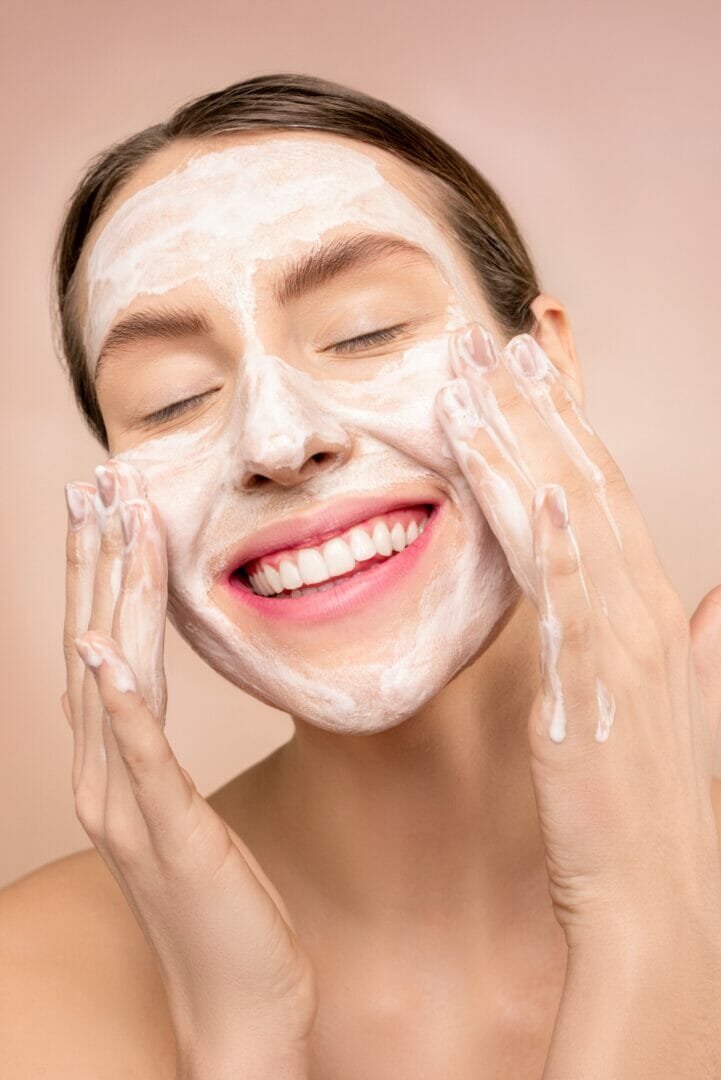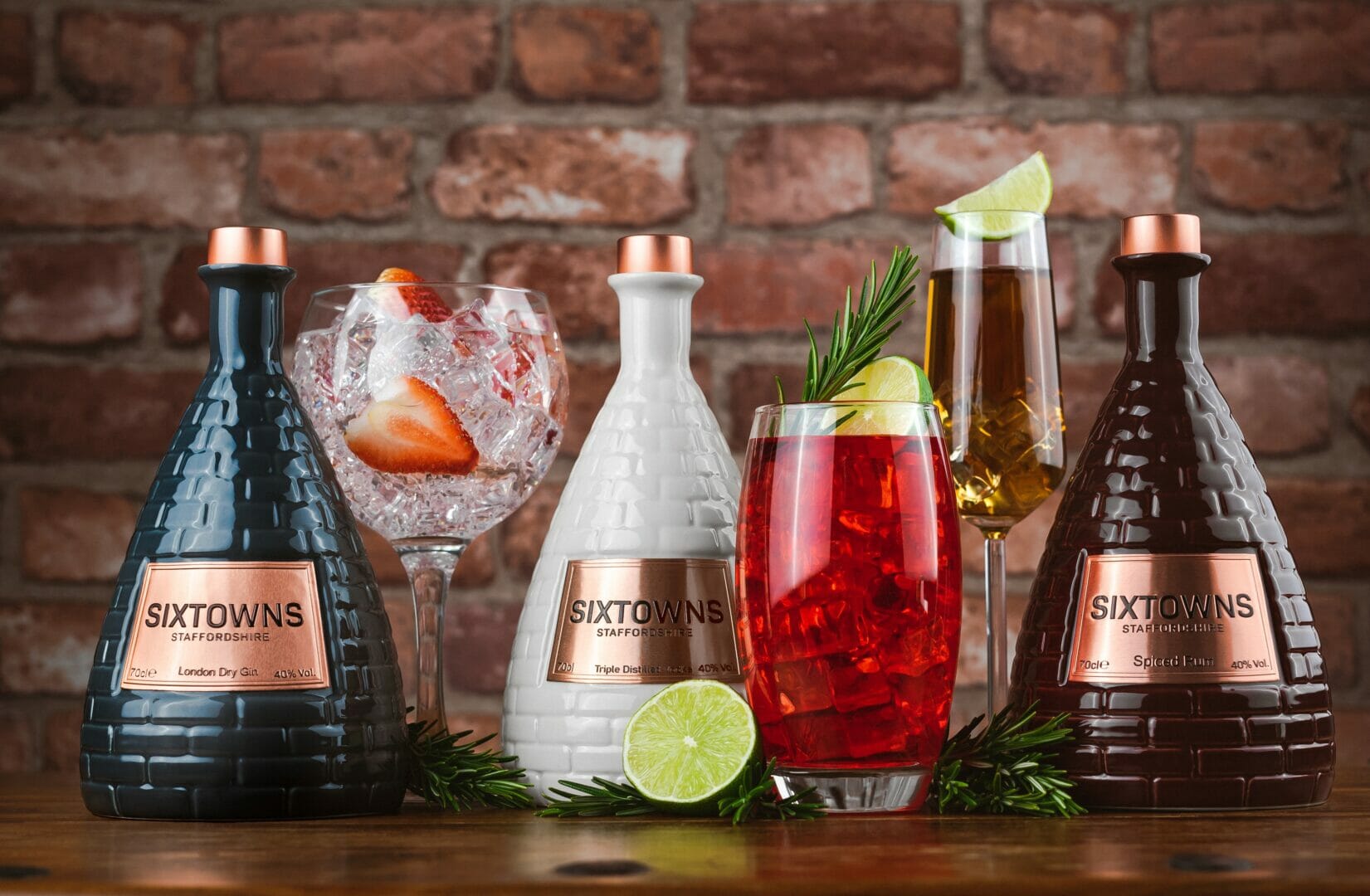Perfect skin is not far away and your journey to reach it is almost up. You have your skincare routine corrected to perfection; the ingredients and methods are just right. You’ve perfected removing dirt and make-up so that only beautiful, clean skin remains and your nightly routine includes everything from SPFs and moisturizers to serums.
Did you know you can enhance your skin even further without adding products to your routine?
The answer is simple, it is time to change your diet. The food you eat affects the clarity of your skin. Junk food causing acne is a myth, but the power food has over your appearance is all too real. By adjusting your diet, you can be left with even plumper, mega glowing skin.
Here, we cover the best changes you can make to your diet to improve your skin, based on your skin type.
Food for All – Benefitting All Skin Types
Some wonder foods can benefit your skin, no matter its condition. Whether you have oily, dry, combination, or even normal skin, these foods can provide that added boost.
Eat more chocolate
Yes, you read that right – dark chocolate can benefit you. While the dairy and sugar in milk chocolate can potentially cause some side effects like puffiness, dark chocolate is amazing for skin. It can supercharge your SPF – something you should be wearing every single day – because of its high antioxidant levels.
Thin, dehydrated skin can lead to early signs of ageing. But studies have shown that dark chocolate can help provide a thicker, more hydrated complexion, so it can actually keep you looking young!
Switch your teas
A daily dose of green tea can help promote healthier-looking skin. Its ingredient, EGCG, can limit the production of androgens – hormones that can increase your sebum production. This makes it perfect for oily skin.
And best of all, green tea works well for all skin types. It can reduce existing sun damage in your skin, which can be a cause of dryness if you’re a reformed sunbed user. It also revives dying skin cells, meaning sufferers of dry, flaky, or aging skin can rejoice. Green tea also has these benefits when applied topically – win-win!
Dry Skin Needs Healthy Fats
When your skin doesn’t produce enough natural oils, or is deficient in ceramides and lipids, it can get dry. It needs these natural fatty acids and oils to keep it plump and hydrated. Supercharge your skincare routine by incorporating foods rich in healthy fats for a dewy, flawless complexion.
More seed and nuts can increase healthy fat intake
Healthy monounsaturated and polyunsaturated fats can be found in nuts and seeds. They can help your skin build up its essential moisture barrier, alongside your barrier-boosting skincare products that contain ceramides and lipids.
Magnesium and vitamin E are great for boosting your skin’s moisture from the inside out, and almonds are high in both, making them a great addition to your snack collection. Walnuts also have fats that can draw moisture in from the air. The skincare experts amongst you will know this is a property of hyaluronic acid, which the magnesium found in walnuts helps our body to produce!
Fresh produce to boost your vitamin C
Dry skin needs hydration, and vitamin C is a great way to provide it. Guava is the most vitamin C-rich food (that’s right, it’s not oranges). But if that’s not accessible to you, kiwi fruit and bell peppers are the second and third highest on the list.
Not only does vitamin C increase skin hydration, it also battles sun damage, boosts skin brightening, and combats anti-aging. Eating your vitamin C can provide your skin with some of these benefits without the added side effect of irritation.However, it can sometimes be too irritating for dry and sensitive skin types.
Fight oily skin with oil
It was once believed that adding facial oils to oily skin would make it worse. We now know that certain facial oils can actually counteract skin’s oil production. But did you know the same applies to oily foods?
Anti-inflammatory oils in foods have been found to counteract the skin’s oil production. And there are some delicious options to choose from.
Add more olives
The natural oil production of the skin can be reduced by the high levels of anti-inflammatory oils found in olives and olive oil. They can also improve your gut microbiome, which is another way it can help your skin. Studies have shown that unhealthy gut bacteria can lead to inflammatory skin conditions, including acne and psoriasis.
But don’t start putting oil on your skin. While a lot of influencers – and even celebrities including J.Lo – promote using olive oil topically on your face, dermatologists including Dr. Muneeb Shah and Dr. Alexis Stephens have warned against it on their TikTok platforms. It can cause trans-epidermal water loss, which dries out our skin and even encourages fungus to grow. Yikes.
Eat more fish
Tuna, salmon, and mackerel are just a few oily fishes that can counteract the production of the skin’s natural oils. This is because of its powerhouse ingredient: EPA. A type of Omega-3, this ingredient regulates the hormones in our body that are responsible for stress, which can lead to oil production.
Stress often causes inflammation in the body, something EPA can help reduce.
Omega-3 supplements are a great replacement if you are vegan or vegetarian – a great addition to any diet.
Skincare is a complicated craft involving your daily face serum, moisturizers, and SPF. Topical ingredients such as hyaluronic acid and niacinamide can penetrate our skin and make a difference on the surface. The most important thing for clear, plump, youthful skin is the products you apply – so make sure you have your routine nailed. Then, you can look to boost it even further by incorporating these skin-friendly foods into your diet for the best skin of your life.



